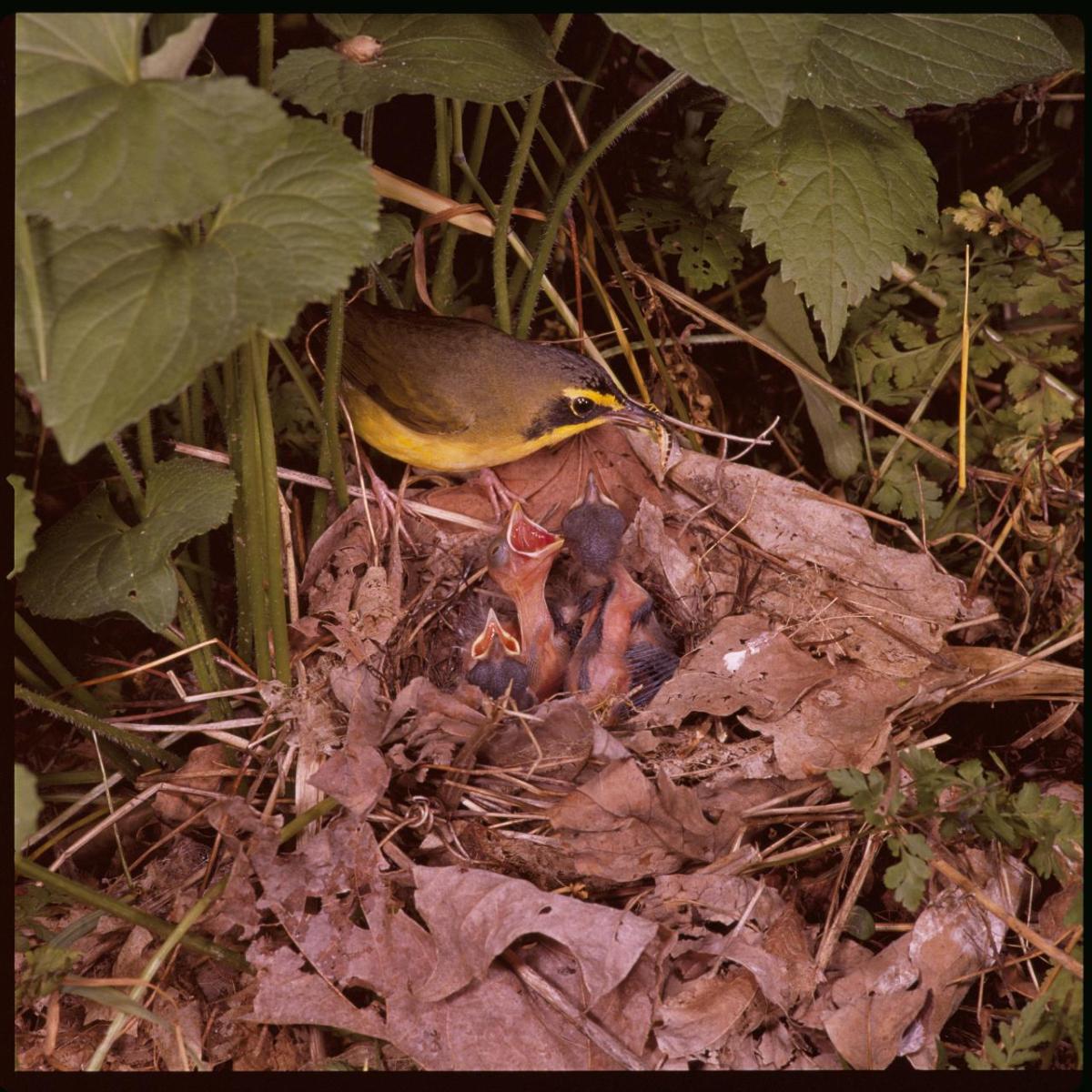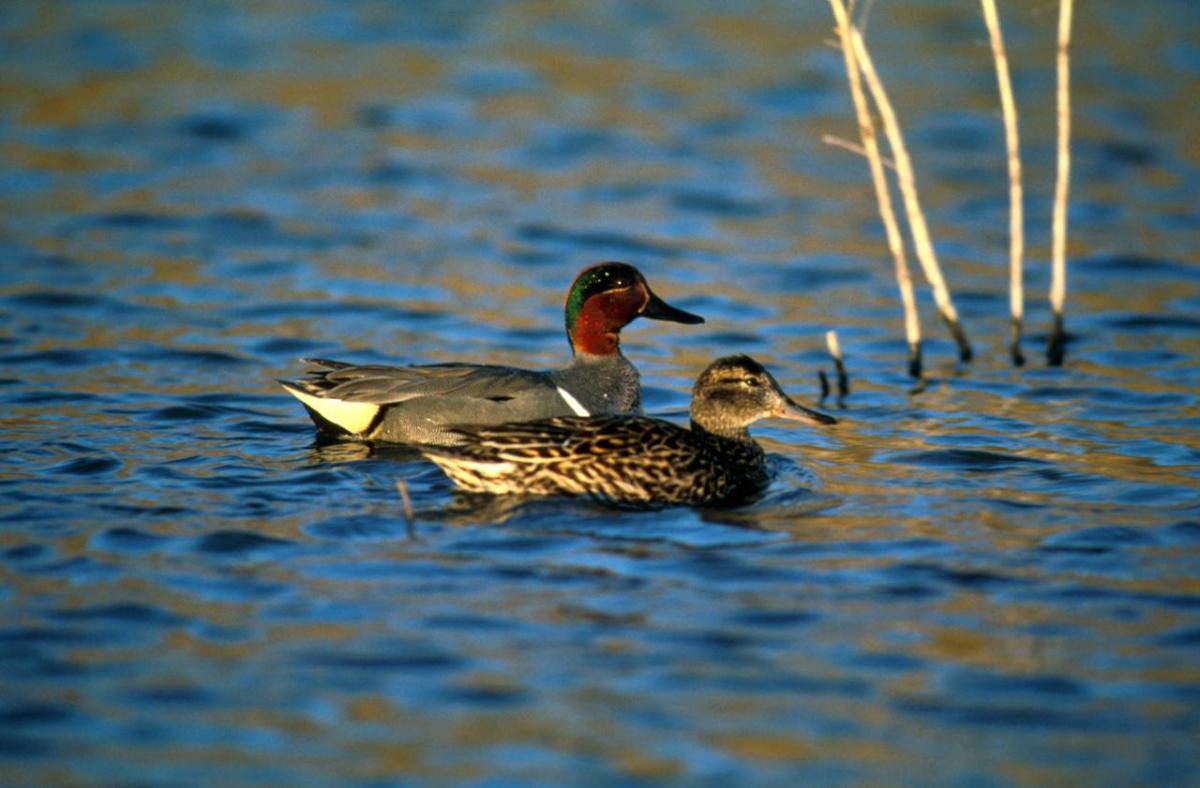On National Bird Day, International Paper Celebrates Forestland Stewards Partnership’s Support for Forest Birds Through Habitat Restoration and Sustainable Forest Management
On National Bird Day, International Paper (IP) and longtime partner National Fish and Wildlife Foundation (NFWF) are seeing the direct effects of forest habitat restoration and sustainable forest management to bird populations within the Mississippi Alluvial Valley, where 40% of North America’s waterfowl and 60% of all U.S. migratory bird species return each year.
Thanks in part to grants provided by NFWF and IP through their Forestland Stewards Partnership, there is hope for northern pintails, mallards, Swainson’s warblers and a host of other wetland and forest dwelling birds that need healthy forests to survive and thrive. The partnership provides grants to local partners, including the Mississippi River Trust, to work directly with private landowners to voluntarily plant trees and sustainably manage existing forests. These activities support healthy habitats for birds that feast on insects, acorns and other food sources that come from a well-managed forest. To date, the Forestland Stewards Partnership has supported projects that once completed will collectively have restored, enhanced or protected more than 150,000 acres of bottomland hardwood and wetland habitat in the region.
“When you can see the bright yellow, black-capped Kentucky warblers foraging for food in the understory of a bottomland hardwood forest, the value of proper forest management is clear,” said James Cummins, president of the Mississippi River Trust. “Healthy forests support all wildlife, from species that find their food on the forest floors, to those that thrive in healthy wetlands, to those that nest in the treetops.”
Bottomland forests, crucial to birds such as the Kentucky warblers, once covered more than 24 million acres within the Mississippi Alluvial Valley, which encompasses portions of seven states, stretching from the southern end of Illinois to coastal Louisiana. By the 1990s, however, less than 25 percent of this forest cover remained, primarily due to conversion to cropland. Through forest restoration, habitat enhancement, wetlands improvements and voluntary conservation easements protection, the partnership aims to work in collaboration with landowners to find ways that ensure the area continues to serve as a sustainable part-time home for migratory birds, waterfowl and for birds that live there year-round while also supporting the surrounding communities.
The success of these efforts relies heavily on collaboration between public and private partners, including the voluntary participation of private landowners which own much of the land in this region. Current efforts include work on private and state lands in Arkansas, Mississippi, and Louisiana, which are important to the Kentucky warbler, Swainson’s warblers, American green-winged teal and other waterfowl species. Here, partners are engaging landowners through education and by providing technical and financial assistance to better manage their forests, balancing economic needs while also helping wildlife and demonstrating how sustainable forestry is good for the community and wildlife alike.
Other key funding partners supporting projects in the Lower Mississippi Alluvial Valley through the Forestland Stewards partnership include the U.S. Department of Agriculture’s Natural Resources Conservation Service, the U.S. Fish and Wildlife Service and the Walton Family Foundation.
About International Paper
International Paper (NYSE: IP) is a global producer of planet-friendly packaging, pulp and other fiber-based products, and one of North America's largest recyclers. Headquartered in Memphis, Tenn., we employ approximately 39,000 colleagues globally who are committed to creating what's next. We serve customers worldwide, with manufacturing operations in North America, Latin America, North Africa and Europe. Net sales for 2022 were $21.2 billion. Additional information can be found by visiting www.internationalpaper.com
About the National Fish and Wildlife Foundation
Chartered by Congress in 1984, the National Fish and Wildlife Foundation (NFWF) protects and restores the nation’s fish, wildlife, plants and habitats. Working with federal, corporate, foundation and individual partners, NFWF has funded more than 6,000 organizations and generated a total conservation impact of $8.1 billion. NFWF is an equal opportunity provider. Learn more at nfwf.org.
###



